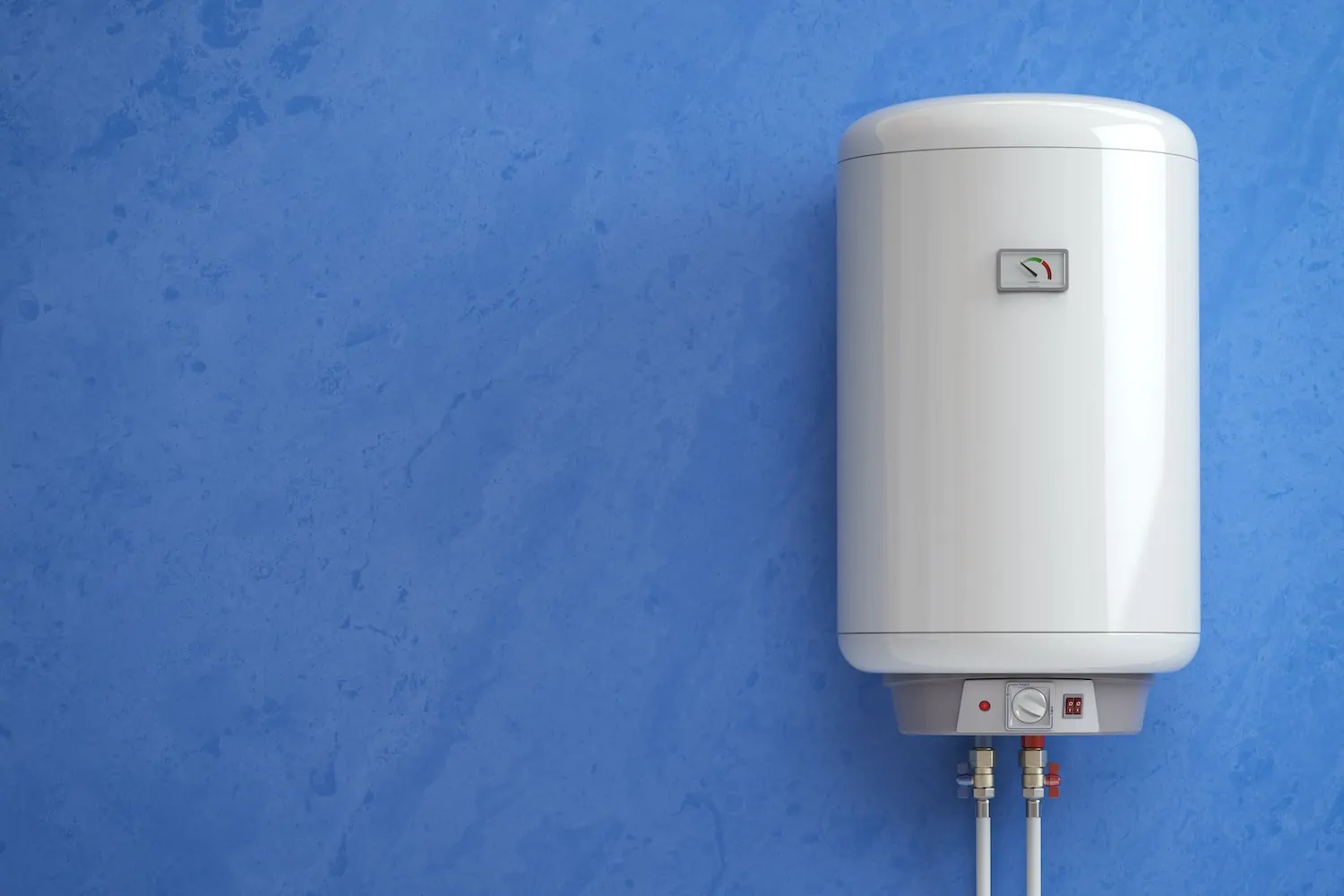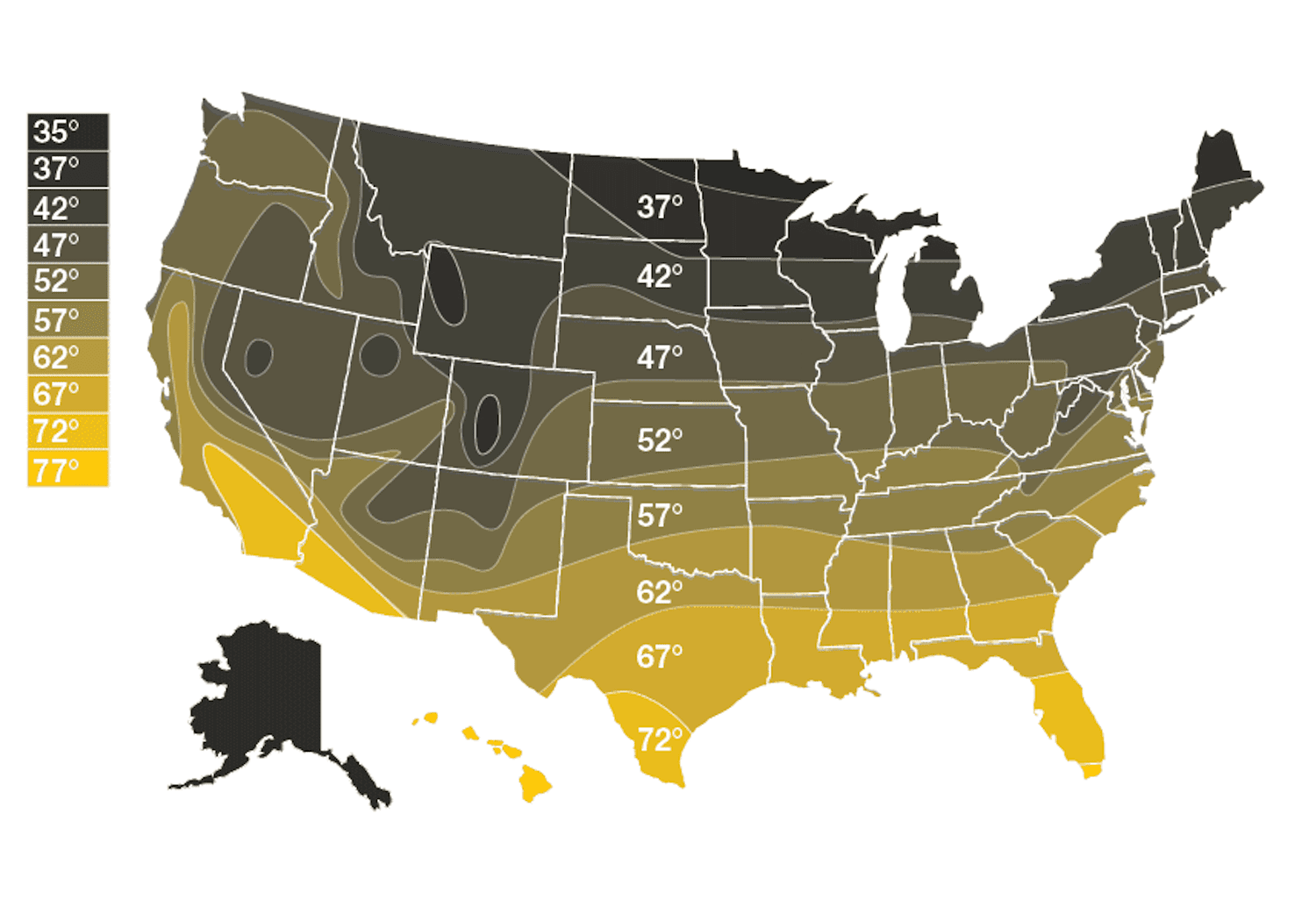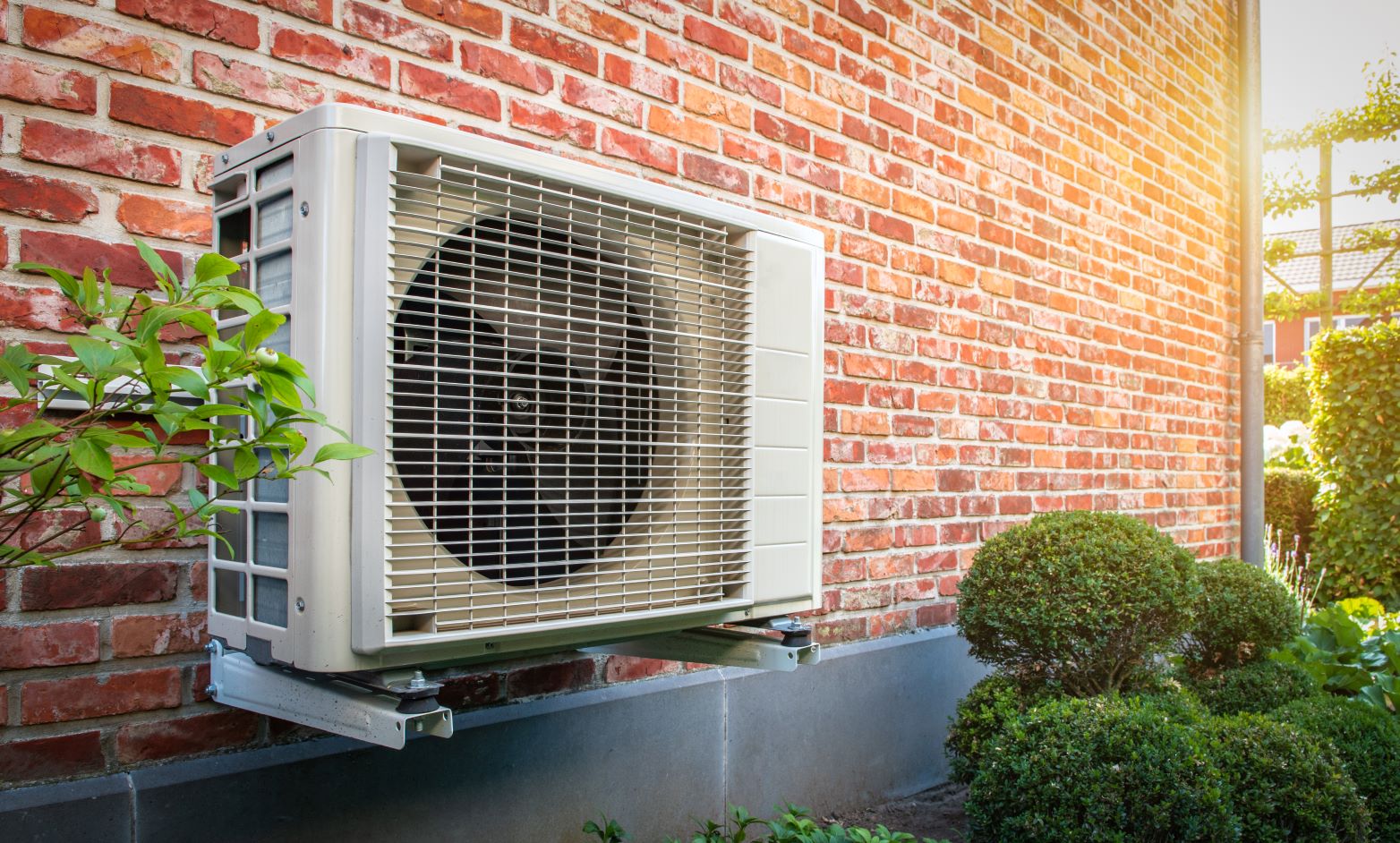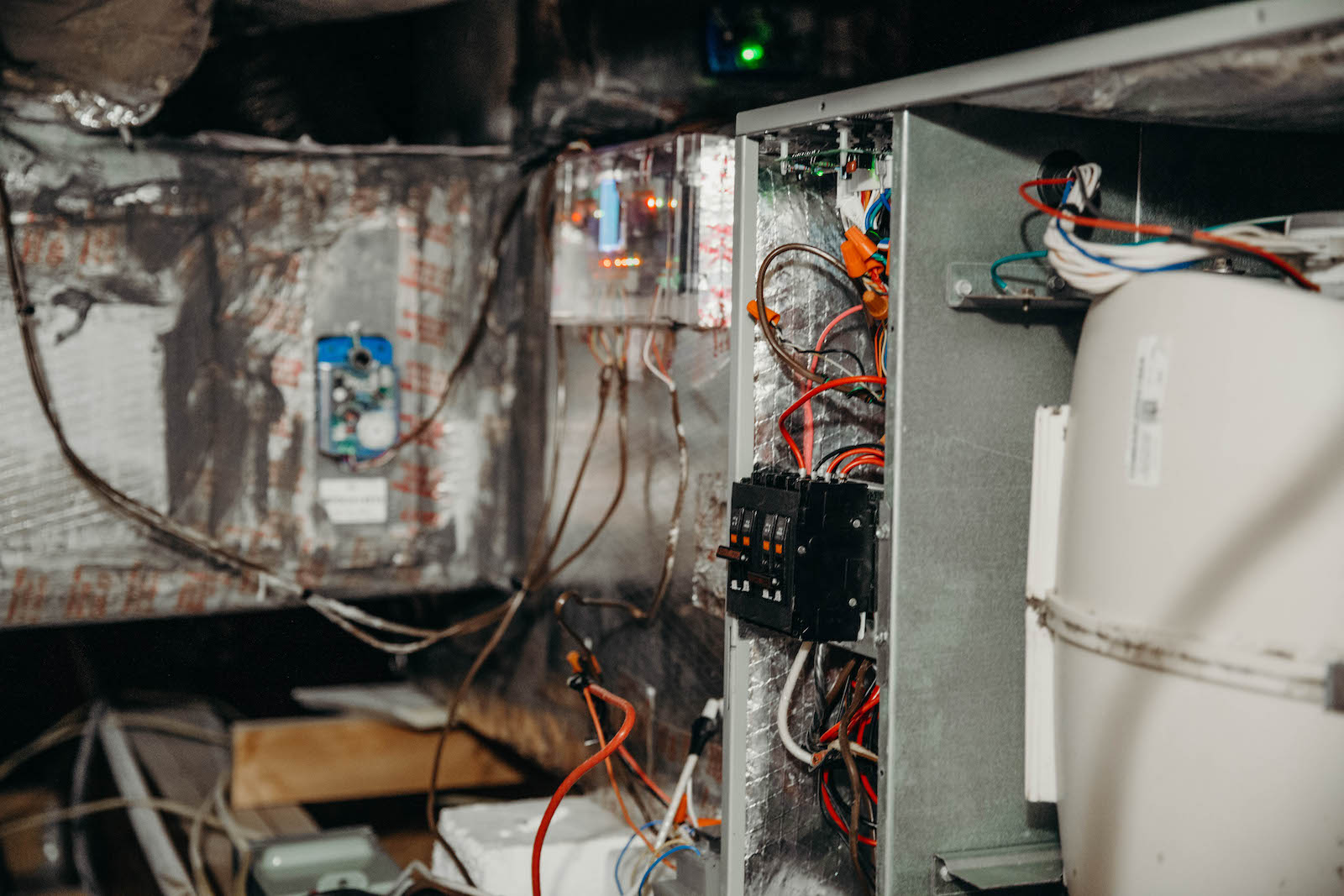What Size Tankless Water Heater Do I Need? (Homeowners Guide)
It’s the worst feeling— you’re ready to hop in a hot shower after a long day’s work or before getting ready for a new day, and the water is cold. So you wait… and wait some more… before coming to terms with the fact that you’ve run out of hot water. 😫 No one wants to deal with that inconvenience, so it’s important to have the right size water heater to adequately supply your home. Even though tankless water heaters are better at supplying hot water on demand, you still need the appropriate size for your household needs. You’re likely wondering, “what size tankless water heater do I need?” We’ll take a look at the three main factors that impact the water heater size you need and answer a few more questions along the way.3 Factors to Consider
Answering what size tankless water heater you need comes down to considering three different factors:Your usage
Location
Household members

1) Your Hot Water Needs 🥵
The first water heater component we need to cover is the acronym “GPM,” which stands for “gallons per minute.” Each appliance or fixture that uses hot water uses different gallons per minute.Shower — 2-3 GPM
Faucet — 1-2 GPM
Dishwasher — 1.5-2 GPM
Washing Machine — 2-2.5 GPM
Are you someone who takes long or short showers?
How many loads of laundry do you put in each week?
These are all details to consider when figuring out how many GPM you need your tankless water heater to support.
For example, a 6-8 GPM gas heater equates to a 10-18 kW electric heater.
2) Where You Live 📍
Location may not seem like a contributing factor to the size of tankless water heater you need, but it plays a bigger role than many realize. The maximum GMP water flow is measured by warming up 77˚F water. Different regions across the country have different inlet water temperatures. For example, here in Minnesota, our inlet water temperature averages around 42 degrees, but it can get as low as 37 degrees. In Southern California, Texas, and Florida, the inlet water temperature averages around 72-77˚F. So clearly, the same size water heater in Minnesota will require more GPM to heat the water to 77˚F than in Texas. This information helps us deduce that regions with warmer groundwater temperatures don’t require as large of water heaters as regions with colder groundwater temperatures. Reference the temperature map below to gain a better idea of the average inlet water temperature in your area.
3) How Many People Live In Your House 👨👩👧👦
The last major consideration for the tankless heater size you need is your household size. One person living in a one bedroom, one bathroom home will require a much smaller tankless unit than a family of six in a four bedroom, two bathroom home. Combine your household size with your hot water demands and location. This will give you a clearer picture of the size you need. But on average, different family sizes require the following sizes of tankless water heaters:Family of 2 — 6-8 GPM
Family of 3 — 7-9 GPM
Family of 4 — 8-10 GPM
Family of 5 — 9-11 GPM
Family of 6 — 11+ GPM
How Many Tankless Water Heaters Do I Need?
You may also be wondering if you need more than one tankless hot water heater. In most cases, only one water heater is needed. But if you have a larger house with two or more bathrooms and higher hot water demands, you may need to get two tankless water heaters. A common combination is a large gas tankless heater (11 GPM) and a smaller electric tankless heater. In this combination, the big gas heater handles most of the hot water needs, but if there’s ever a big need for a lot of hot water, the electric water heater can be turned on to help out. You can also install one unit for one part of the house and a separate unit for a different part of the house. But keep in mind that this method requires separate piping for both units. You can always call your trusted local plumber to get their best advice for your specific hot water needs.Tankless Water Heater Advice and Installations at Your Fingertips
We hope this guide helped you narrow down the size of tankless water heater you need based on your hot water usage, location, and household size. If you’re in need of a new tankless water heater, you don’t have to blindly guess at the size— your plumber can help you narrow it down as well. If you live in the Twin Cities, Minnesota, 4Front Energy is the preferred local plumber for installing and maintaining both tankless and tank-style water heaters. We’re happy to answer any questions you may have about what kind and size of water heater is best for your lifestyle. Schedule a free consultation to learn more!Request Service

Why Choose 4Front Energy?
We’re a Service Company, Not a Sales Company
- Licensed, bonded & insured contractor
- Trusted Twin Cities service provider for nearly 30 years
- Reliable service excellence
- One number for electric, HVAC, and plumbing
- Stand behind our work with integrity
- Fair and straightforward pricing
- Provide invaluable comfort and integrated efficiency
- Technicians that take pride in their work



